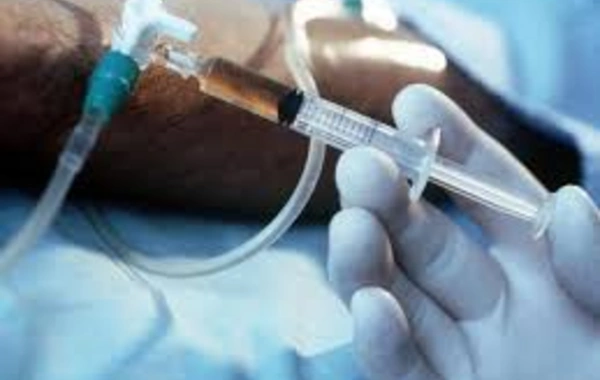The world's first antidote for carbon monoxide poisoning has been created

Scientists from the University of Maryland School of Medicine have created a new protein drug that could become an effective and safe antidote for carbon monoxide poisoning. The work is published in the journal Proceedings of the National Academy of Sciences (PNAS).
The gas is released during fuel combustion and is dangerous in enclosed spaces - for example, with faulty ventilation of gas equipment, operation of gasoline generators, or cars in a garage. Currently, oxygen therapies are used for treatment, but even after these, almost half of survivors face long-term damage to the heart and brain.
The new drug, called RcoM-HBD-CCC, acts as a "sponge," quickly removing carbon monoxide from the blood. It is based on a natural molecule RcoM - a protein that the bacterium Paraburkholderia xenovorans uses to detect minimal concentrations of carbon monoxide. Scientists modified it to bind specifically to carbon monoxide without interfering with oxygen and other important molecules in the body.
In experiments on mice, RcoM-HBD-CCC quickly removed carbon monoxide from red blood cells and was excreted in urine. It had almost no effect on blood pressure, which advantageously distinguishes it from other protein antidotes that can cause a sharp increase in pressure.
"This could potentially become a rapid intravenous treatment that can be administered right in the emergency department or even at the scene," noted one of the study's authors, Mark Gladwin.
The mechanism of action is related to the fact that carbon monoxide binds hundreds of times more strongly to hemoglobin than oxygen, displacing it and depriving tissues of access to the vital gas. The new drug intercepts carbon monoxide molecules, freeing hemoglobin and allowing it to carry oxygen again.
The authors believe that in the future, RcoM-HBD-CCC could be used not only against carbon monoxide poisoning but also as a component in treating severe anemia, blood loss, or for preserving organs before transplantation. However, additional research is needed first to determine the optimal dosage and safety for humans.
Similar News
Pavel Durov shared his father's teachings with the world
Telegram co-founder Pavel Durov presented three pieces of advice from his 80-year-old father, philology professor Valery Durov, intended for future generations....




 Azərbaycanca
Azərbaycanca  По-русски
По-русски  English
English 





